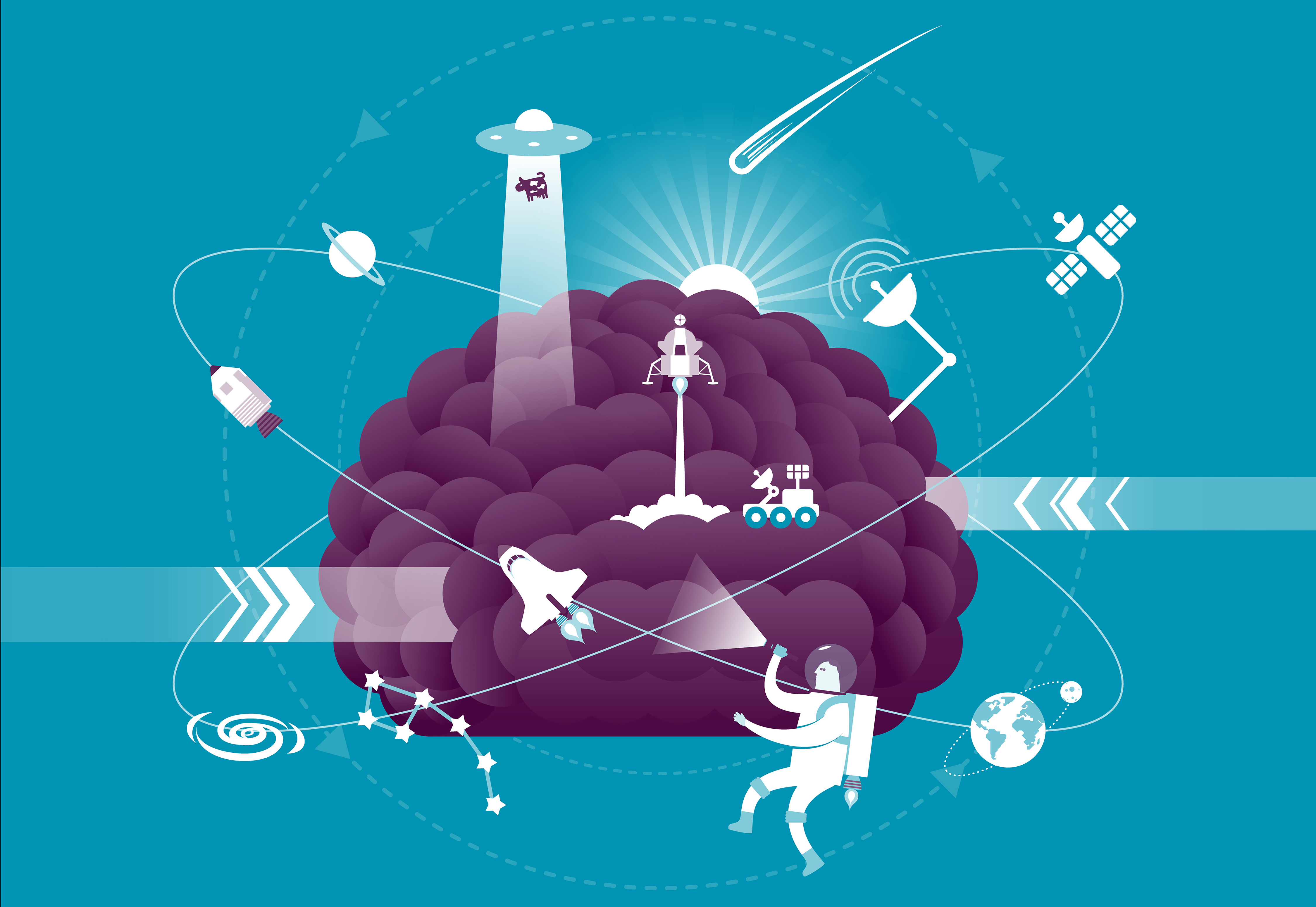Science fiction to come alive at the Virginia Tech Carilion Research Institute

Mind-controlled robotic vehicles, nanomachines in the body, heart manipulations that would make Iron Man proud – what you might have dismissed as science fiction will come to life at the Virginia Tech Carilion Research Institute on Saturday, Oct. 11, as part of Roanoke’s day-long commemoration of the inaugural Virginia Science Festival.
Among the highlights of the institute’s celebration – Biomedical Breakthroughs: From Science Fiction to Science Fact – will be a Science Transformation Tour, a series of interactive sessions in which visitors can activate the contraction mechanisms of a model heart, watch a live demonstration of a human brain controlling a robotic vehicle, peer into the vibrant world of nanobiology through 3-D imaging technology, and learn about the brain’s circuitry.
Also available will be a hands-on workshop on nanomaterials being developed for the diagnosis and treatment of cancer; electric-fish demonstrations; a Mad Scientist Laboratory for kids, with crafts and an Alien DNA Game; and Meet the Scientists, a range of presentations by institute researchers, along with cameos by Grayton, a pioneering pooch in cancer research.
“Science is filled with the drama of discovery,” said Michael Friedlander, executive director of the institute. “We’re eager to share with kids and adults just how much fun and exciting it can be.”
Friedlander is more than the event’s master of ceremonies. He’s also the owner of Grayton, an 11-year-old Labradoodle with nasal adenocarcinoma.
“Most dogs with this form of cancer survive only a few months after their diagnosis,” Friedlander said. “But with ongoing, innovative treatment, Grayton is still with us three years later – happy, energetic, and always hungry.”
Grayton recently became the first patient enrolled in a Virginia–Maryland College of Veterinary Medicine clinical trial that is testing the use of gold nanoparticles and a targeted laser treatment for solid tumors in dogs and cats.
Visitors inspired by Grayton’s example can learn about their own opportunities to join a research study. In many of the studies the institute offers in Roanoke and Blacksburg, participants earn money while playing computer games.
The institute is also hosting an astronaut who was a crewmember of Space Shuttle Columbia. Larry DeLucas, an x-ray crystallographer who directs the Center for Biophysical Sciences and Engineering at the University of Alabama at Birmingham, has led space missions to grow pure molecular crystals.
In an 11 a.m. presentation at the Science Museum of Western Virginia in Roanoke, DeLucas will speak to the public about space research.
The institute’s exhibits will be available from 10 a.m. to 4 p.m. at 2 Riverside Circle in Roanoke. Free shuttles will run from the Market Square events in downtown Roanoke to the institute throughout the day.
The Virginia Science Festival kicked off in Blacksburg on Oct. 4 with nearly a hundred exhibits and presentations on the Virginia Tech campus. Events in more than a dozen communities will continue to be held across the state through Oct. 11. The festival – founded and organized by the Science Museum of Western Virginia and Virginia Tech – aims to highlight the commonwealth’s growing influence as a hub of research and education in science, technology, engineering, art, and mathematics.
A full list of events and locations can be found at the festival web page.




